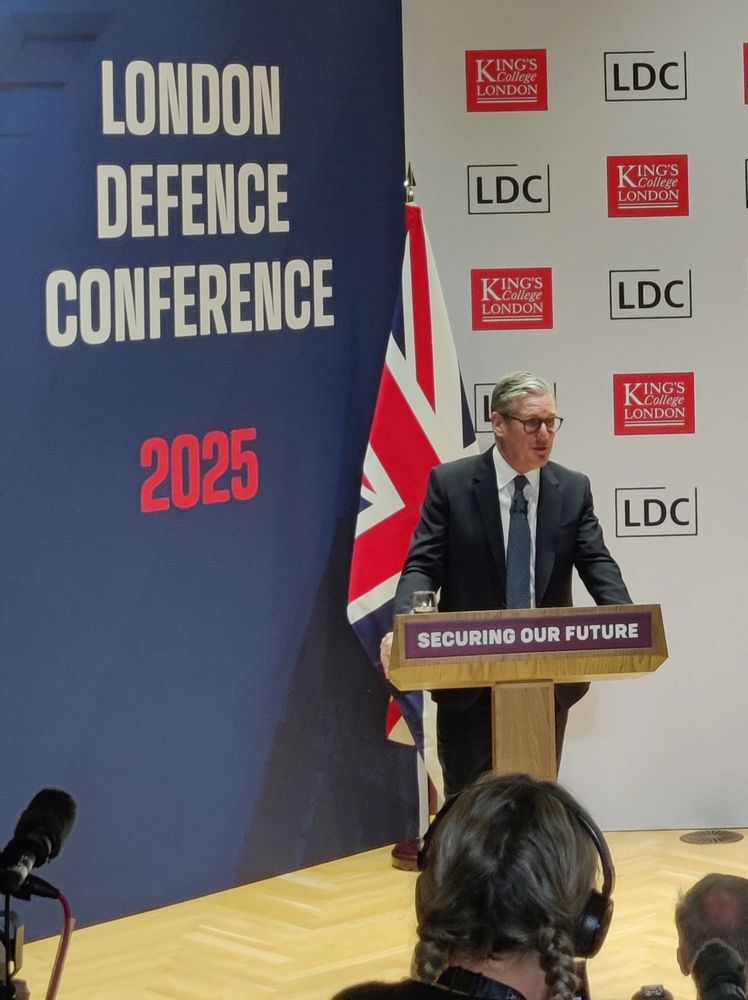
Creator of the National Security and Defence Documents Dataset
Also: critical security studies, emergency powers, parliaments, UK, Scotland, Australia, undersea infrastructure
Both espionage and sabotage emerge as prominent concerns in 2025—espionage doubling from the 2020-2023 baseline whilst sabotage appears as an entirely new threat category—reflecting intensified state competition and the targeting of critical national infrastructure.
Both espionage and sabotage emerge as prominent concerns in 2025—espionage doubling from the 2020-2023 baseline whilst sabotage appears as an entirely new threat category—reflecting intensified state competition and the targeting of critical national infrastructure.
Artificial intelligence appears as a discrete security threat for the first time in 2025, marking official recognition of AI's dual-use potential and autonomous systems vulnerabilities in an increasingly technology-dependent security landscape.
Artificial intelligence appears as a discrete security threat for the first time in 2025, marking official recognition of AI's dual-use potential and autonomous systems vulnerabilities in an increasingly technology-dependent security landscape.
Military threats peaked early (2002-2003) and have maintained consistent but lower-level attention, with recent uptick in 2025, reflecting renewed conventional security concerns.
Military threats peaked early (2002-2003) and have maintained consistent but lower-level attention, with recent uptick in 2025, reflecting renewed conventional security concerns.
Climate-related security concerns were absent from early documents but emerged in 2009 and peaked in 2020. Notably, explicit mention climate threats have disappeared entirely from 2025 documents, suggesting a possible shift in framing or priorities.
Climate-related security concerns were absent from early documents but emerged in 2009 and peaked in 2020. Notably, explicit mention climate threats have disappeared entirely from 2025 documents, suggesting a possible shift in framing or priorities.
Nuclear threats have maintained steady relevance throughout the period, with notable spikes in 2008 and consistent presence in recent documents.
Nuclear threats have maintained steady relevance throughout the period, with notable spikes in 2008 and consistent presence in recent documents.
Cyber threats first gained significant attention in 2009 and peaked in 2015. Unlike terrorism, cyber threats have remained consistently present but at lower levels recently.
Cyber threats first gained significant attention in 2009 and peaked in 2015. Unlike terrorism, cyber threats have remained consistently present but at lower levels recently.
Terrorism emerged as the primary security concern post-9/11, peaking during 2008-2009 and maintaining high levels through to 2018. However, there's been a marked decline in recent years.
Terrorism emerged as the primary security concern post-9/11, peaking during 2008-2009 and maintaining high levels through to 2018. However, there's been a marked decline in recent years.




